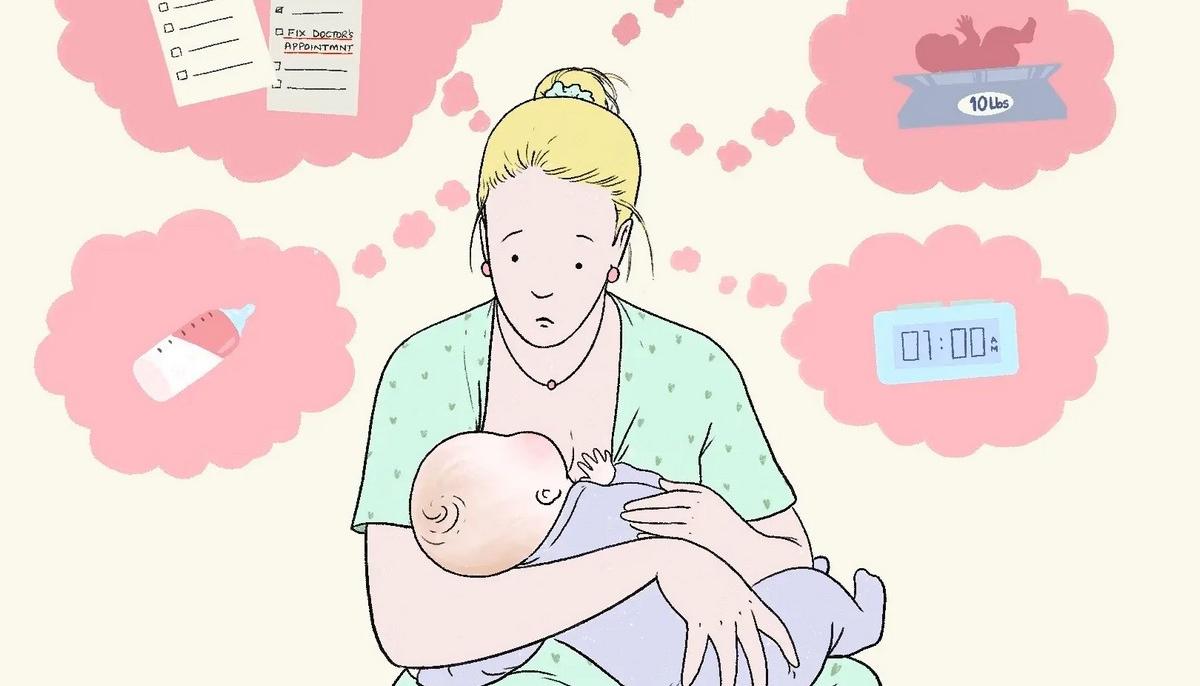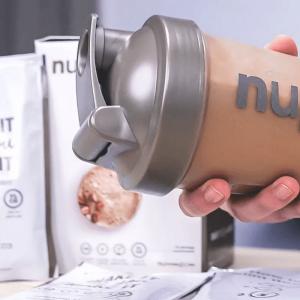The baby is very active immediately after birth and manages to easily connect with you, so as soon as possible, in the first hour after birth, it is good to breastfeed him. It will be very easy for the little one to orient himself with his nose, find the nipple and start sucking.
In 24 hours, the baby receives milk 8-12 times, as a result, in the first days after birth, he will probably want to be breastfed hourly or every 2 hours during the day and several times at night.
What will be the exact feeding schedule, you will establish together, mother and baby, in time, and this time will last until the age of 6 months, at least, as recommended by the World Health Organization.
With the diversification, that is, the introduction of semi-solid and then solid food, gradually, in the infant's diet, after the age of 6 months, breastfeeding is done in parallel, but remains the basis of the baby's nutrition. And as long as both the mother and the child feel comfortable like this, breastfeeding can be done in parallel until the age of two years and even beyond. Anyway, up to one year, mother's milk is, most of the times, in the top of the child's preference, and the rest of the foods are a supplement.
As a result, breastfeeding will remain on demand, the child will be careful to tell you exactly what he wants, just be careful with his language.
How long does breastfeeding last for a newborn?
There is no fixed duration for breastfeeding. The baby will leave the breast when he feels full, but he can look for it again in a short time and not necessarily for food, but for warmth and comfort. Because it is the most intimate way of communicating with your child, offer him the breast as often as he seems interested, when you feel he is looking for you. Sometimes he may just want to feel you next to him, and if he wants to eat, he will be able to do it.
How do I put the baby to the breast?
It is important to find a comfortable position, so that the baby also feels comfortable while eating.
Hold the baby as close to you as possible, skin to skin, say most specialists, with the belly pressed against your body and the nose in the nipple. He will feel you and open his mouth, grabbing the breast. If you feel it hurts, it probably didn't attach to you properly, so remove it and try again.
The benefits of breastfeeding
Don't forget that, beyond everything, these benefits are also emotional, not just practical or functional.
The benefits of early breastfeeding include:
- provides all the necessary nutrients in the correct proportion
- provides antibodies that protect against common diseases
- during illness it helps to hydrate the baby
- reduces the risk of developing allergies
- helps the development of the nervous system
- promotes the proper development of the oral cavity and speech
- it is comforting for agitated, sick, overworked children
For mom:
- promotes relaxation and helps contract the uterus in the postpartum period
- improves the mother's sleep
- reduces the risk of breast and ovarian cancer
- reduces the risk of heart disease, diabetes, obesity
- helps to lose the kilograms accumulated during pregnancy
- provides effective methods of contraception
- is available 24 hours a day
- ensure close physical contact with the baby
Mother's food
There are no dietary restrictions during breastfeeding, but the key word remains balanced .
The body completely uses the nutrients from food and also consumes the surplus fat, accumulated during pregnancy, while you are breastfeeding. As a result, it is good to have a varied diet (which includes animal and vegetable proteins, fruits and vegetables) and to take into account proper hydration.
Regarding colic fears, the baby will tell you very clearly what you can and cannot eat, and he will say it loudly!
Obviously, smoking is also not recommended during breastfeeding, and regarding alcohol, which includes beer, it will pass into breast milk and can lead to drowsiness and even alcohol poisoning.







